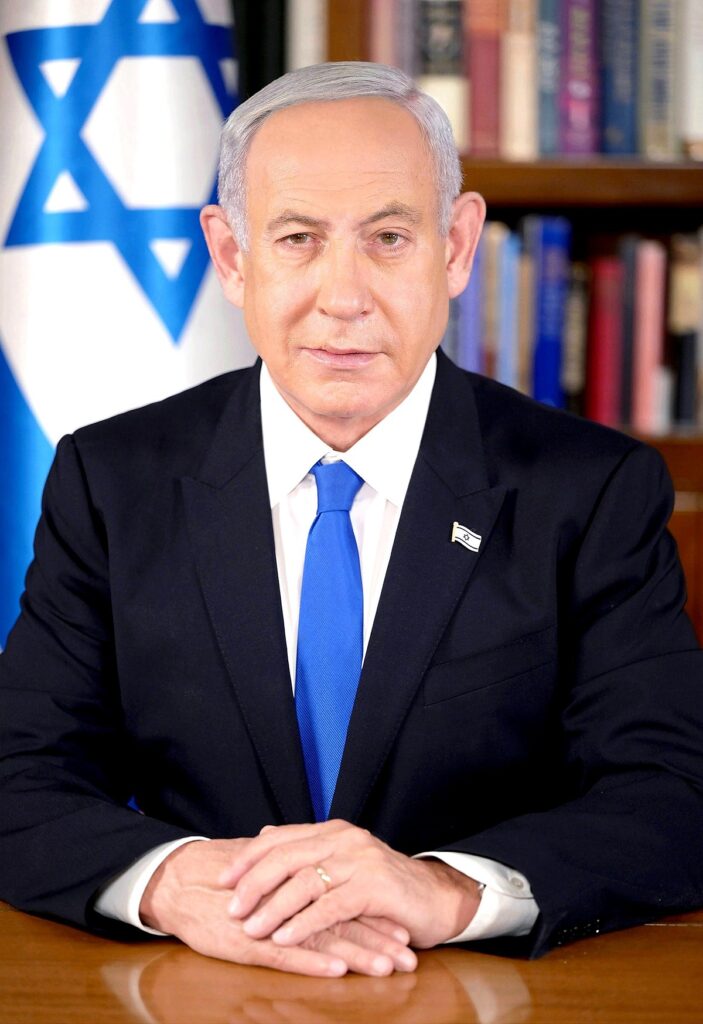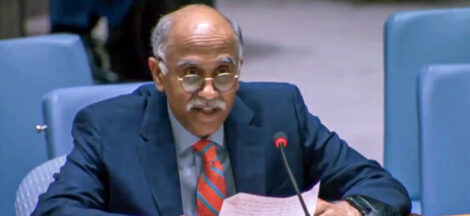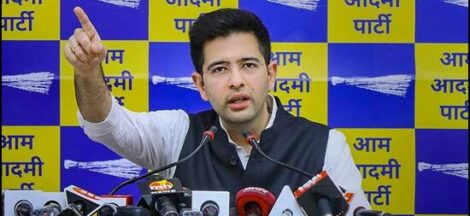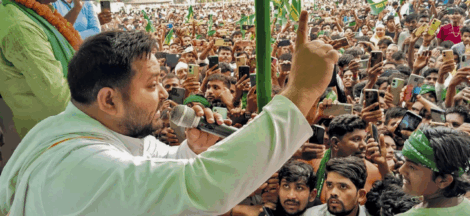U.S. former President Donald Trump has publicly urged Israel to annul Prime Minister Benjamin Netanyahu’s corruption trial, describing it as a politically motivated “witch‐hunt” and proposing that a pardon be granted. Addressing the issue on his Truth Social platform this Wednesday, Trump expressed disbelief that legal proceedings continued against a wartime leader he called a “great hero” and “warrior”.
Trump praised Netanyahu’s role in what he framed as decisive action against Iran’s nuclear programme, asserting that “the United States of America … saved Israel, and now … saves Bibi Netanyahu”. The former U.S. president suggested that the trial should be cancelled immediately or that a pardon be issued, bold language that included characterising the charges—ranging from alleged bribery to fraud—as trivial, citing items such as cigars and a Bugs Bunny doll.
The indictment against Netanyahu, first filed in November 2019, comprises three distinct corruption cases involving allegations of fraud, breach of trust, and bribery, including the acceptance of expensive gifts from affluent backers and media favours in return for regulatory benefits. Cross-examination began on 3 June in Tel Aviv’s district court and is estimated to extend over the next year.
Israeli President Isaac Herzog holds the authority to pardon, but he has indicated no plans to do so and confirmed that no pardon request has been made. Analysts note this reinforces the separation between Israel’s executive and judicial spheres despite foreign political pressure.
Trump’s intervention contravenes established diplomatic norms, marking a rare instance of a U.S. political figure publicly intervening in a democratic ally’s judicial affairs. This aligns with Trump’s consistent framing of legal challenges as politically driven, echoing rhetoric from his own litigation battles in the U.S..
The statement followed an initial rebuke of Israeli post-ceasefire strikes on Iran, when Trump criticised what he described as an excessive bombardment. His shift to staunch support for Netanyahu came after what he and Israeli officials portrayed as the effective neutralisation of key Iranian nuclear sites.
Israel’s judiciary continues proceedings amid a backdrop of war‑time emergency court protocols that prioritise urgent cases. Defendants in similar circumstances have historically leveraged wartime exceptions to delay court appearances, though the trial is proceeding under adjusted schedules.
Politically, Netanyahu has benefitted from the crisis narrative. The drive to confront Iran has bolstered his public standing, strengthening his position both at home and abroad. His supporters argue that legal scrutiny during an ongoing conflict undermines national unity and operational effectiveness.
Opponents of the trial pause, both in Israel and internationally, warn that intervention sets a dangerous precedent, enabling sitting leaders to evade accountability under the guise of national emergency. Israel’s judiciary, known for its independence, may push back, but there is no clear mechanism to resist Trump’s call beyond the existing legal framework.
Amid calls for cancellation or pardon, Netanyahu has not publicly responded. His Likud party circulated a translation of Trump’s post on social platform X, but offered no substantive comment.
Legal experts and diplomats are now assessing the impact. Any potential executive intervention would spark debate over judicial sovereignty and norms governing international diplomacy. For now, the trial continues, while Trump’s demand raises fundamental questions about the separation of powers in allied democracies and the influence of external political pressure on national courts.




 Tejashwi Bolsters RJD with High‑Profile Defection
Tejashwi Bolsters RJD with High‑Profile Defection 